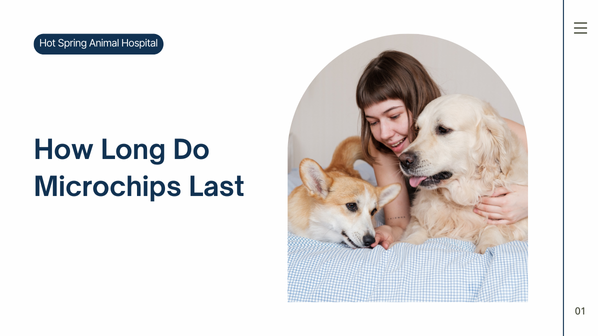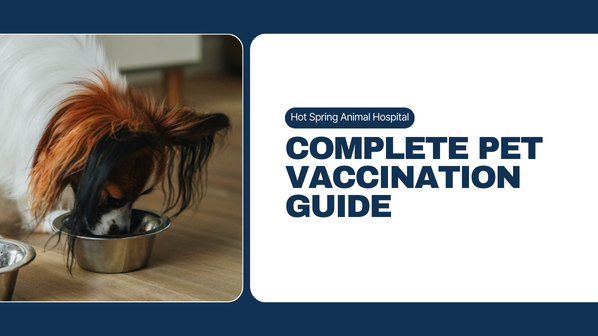Share This Article
Key Takeaways
- Act immediately if your pet ingests something toxic, early action saves lives.
- Watch for unusual symptoms like drooling, vomiting, seizures or pale gums.
- Common household items like chocolate, cleaning supplies and plants can poison pets.
- Avoid inducing vomiting unless your vet specifically instructs you to do so.
- Bring the item container or label when visiting a vet for suspected poisoning.
- Prevent poisoning by storing medications, chemicals, and human foods securely.
Every year, thousands of pet owners across the US face the frightening reality that their dog or cat may have eaten something toxic.
Curious pets can easily get into harmful substances around the house or yard, from medications and cleaning supplies to certain plants and foods. These exposures most often happen by mouth, but sometimes also through the skin or by inhaling dangerous chemicals.
Studies show that human medicines, household products, foods, and pesticides are among the most common causes of toxic ingestion in pets, with dogs being affected far more often than cats.
In this blog post, we’ll understand the signs of poisoning in pets, different toxic substances, what to do if your dog/cat ate poison, important prevention tips, and more. Without any further ado, let’s get started.
Signs Your Pet May Have Eaten Something Toxic
Since pets cannot speak, it’s difficult to know outright if there’s a pet poison emergency. However, there are always signs that make it obvious. Here are some of the most common ones:
- Vomiting or diarrhea: Can occur suddenly and may be severe or persistent.
- Drooling or foaming at the mouth: Especially common if corrosive chemicals or toxic plants are involved.
- Seizures or tremors: Shaking, twitching, or jerking movements are urgent signs of nervous system toxicity.
- Weakness or collapse: Sudden lethargy, stumbling, or even unconsciousness mean your pet needs help now.
- Difficulty breathing: Labored, shallow, or irregular breathing are big signs of toxic ingestion in pets.
- Pale gums or unresponsiveness: Could indicate shock, organ failure, or severe poisoning.
If you notice any of these in your pet or see your pet eat something suspicious, know that it’s time to treat the situation as an emergency veterinary help immediately. Now, how fast does poison affect pets? It will completely depend on what was consumed and if proper care was given on time or not.
You might also want to read: How to know If Your Pet has been Poisoned
Common Toxic Substances for Pets
Foods and Ingredients
Some everyday human snacks are major culprits in cases where a cat or dog ingested a toxic substance:
- Chocolate: Even small pieces are rapidly toxic.
- Grapes and raisins: Safe for people, but linked to kidney failure in many dogs.
- Onions, garlic, and chives: Found in many dishes, these damage red blood cells and can cause anemia.
- Xylitol: This sweetener is found in sugar-free gum, candies, and some nut butters, and is incredibly dangerous (especially for dogs).
Plants
Seemingly harmless houseplants are also a common cause of toxic ingestion in pets, particularly with curious cats and puppies:
- Lilies: Especially dangerous for cats. Just brushing against pollen or drinking vase water can cause fatal kidney failure.
- Sago palm: All parts (particularly the seeds) are extremely toxic to both dogs and cats.
- Poinsettia: Irritating, especially to the mouth and stomach; occasionally causes more serious effects.
Household Items and Medications
Household toxins for dogs and cats also include:
- Antifreeze (ethylene glycol): Attracted by its sweet taste but lethally toxic in even tiny quantities.
- Rat poison (rodenticides) and insecticides: Designed to attract, they are major causes of pet poison emergencies.
- Human medications: Ibuprofen, acetaminophen, ADHD medications, and antidepressants are frequent offenders.
- Household cleaning products, batteries, glue, and essential oils: These range from mildly irritating to rapidly life-threatening.
What to Do Right Away
So, your pet ingested poison, what to do next? Here’s how to handle dog or cat toxic ingestion emergencies:
- Make sure that your pet is far away from the source. Additionally, keep the item/source at a safe, hard-to-reach place.
- Some substances, when vomited, cause more harm than good. So, don’t try to induce vomiting until and unless a vet instructs you to do so.
- Call Hot Springs Animal Hospital or a veterinary poison control hotline immediately:
- Hot Springs Animal Hospital: (951) 600-0830
- ASPCA Animal Poison Control Center: 888-426-4435
- Pet Poison Helpline: 855-764-7661
Be ready to describe your pet, what (and how much) they ate, and when it happened.
- Save packaging, labels, or remnants of the substance for your vet.
- Bring your pet to the emergency vet for poisoned pets as soon as instructed. Many treatments work only if started right away, so do not delay.
You might also want to read: How Often Should You Visit a Veterinarian?
Prevention Tips
Shared below are some common yet great ways to prevent toxic ingestion in pets:
- Pet-proof your home: Store cleaning supplies, medications, foods, and dangerous plants high up or behind securely closed doors.
- Choose pet-safe household products: Opt for cleaning and pest control items labeled as “pet-safe” to minimize accidental exposure.
- Educate all family members: Make sure children and visitors know not to share people’s food or leave toxins where pets can reach.
- Be mindful outdoors: Watch for antifreeze puddles, discarded food, or toxic plants during walks and in your yard.
Regularly review your surroundings for potential hazards. Understand this very clearly that what seems harmless to you could be perilous to your furry friend.
How Hot Springs Animal Hospital Can Help?
Our Vet Near Murrieta has extensive experience managing toxic ingestion in pets. Our veterinarians understand the unique urgency of pet poison emergencies and provide:
- Rapid assessment and expert care for all species and toxin types,
- Cutting-edge treatments, including activated charcoal, IV fluids, and advanced supportive therapies,
- Detailed guidance on pet-safe household products, risk reduction, and emergency preparedness,
- Clear communication so you understand every step your pet’s care requires.
We know how overwhelming a poisoning scare can be. Whether you’re unsure if your dog ingested a toxic substance, need advice on what to do if your dog ate poison, or are already on your way with a critically ill pet, our emergency vet team is ready to help, be it day or night.
Fast action and professional help can save your companion’s life. Contact us or a veterinary poison control hotline the instant you suspect a problem.
FAQs
Share This Article

Written by : Hot Springs Animal Hospital
Hot Springs Animal Hospital is dedicated to providing exceptional veterinary care in Murrieta, CA. Our experienced team is passionate about keeping pets healthy through preventive care, advanced treatments, and compassionate service. We proudly serve pet parents with a full range of veterinary services to ensure every pet lives a long, happy life.
All Categories
Related Articles
February 19, 2026
February 19, 2026



